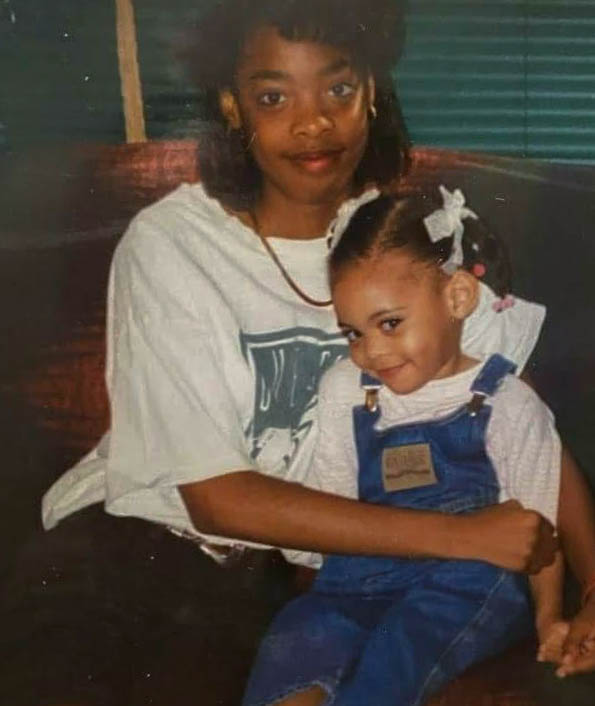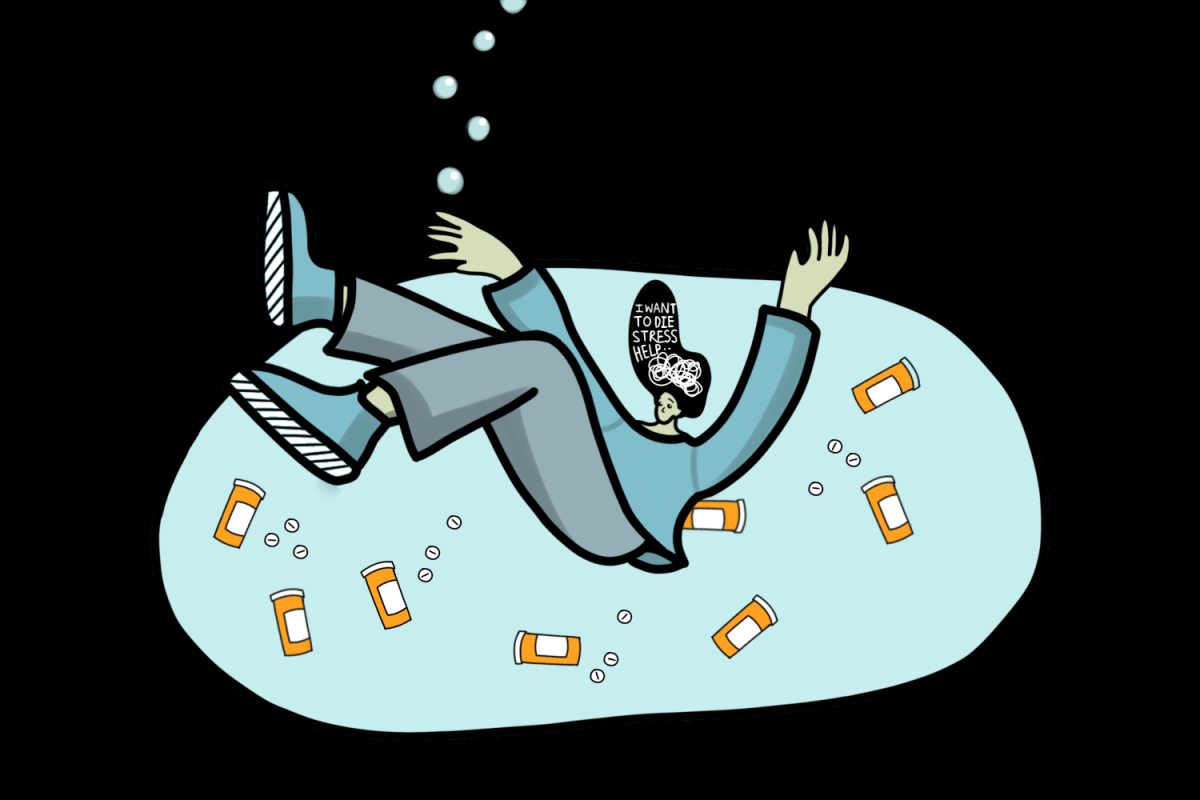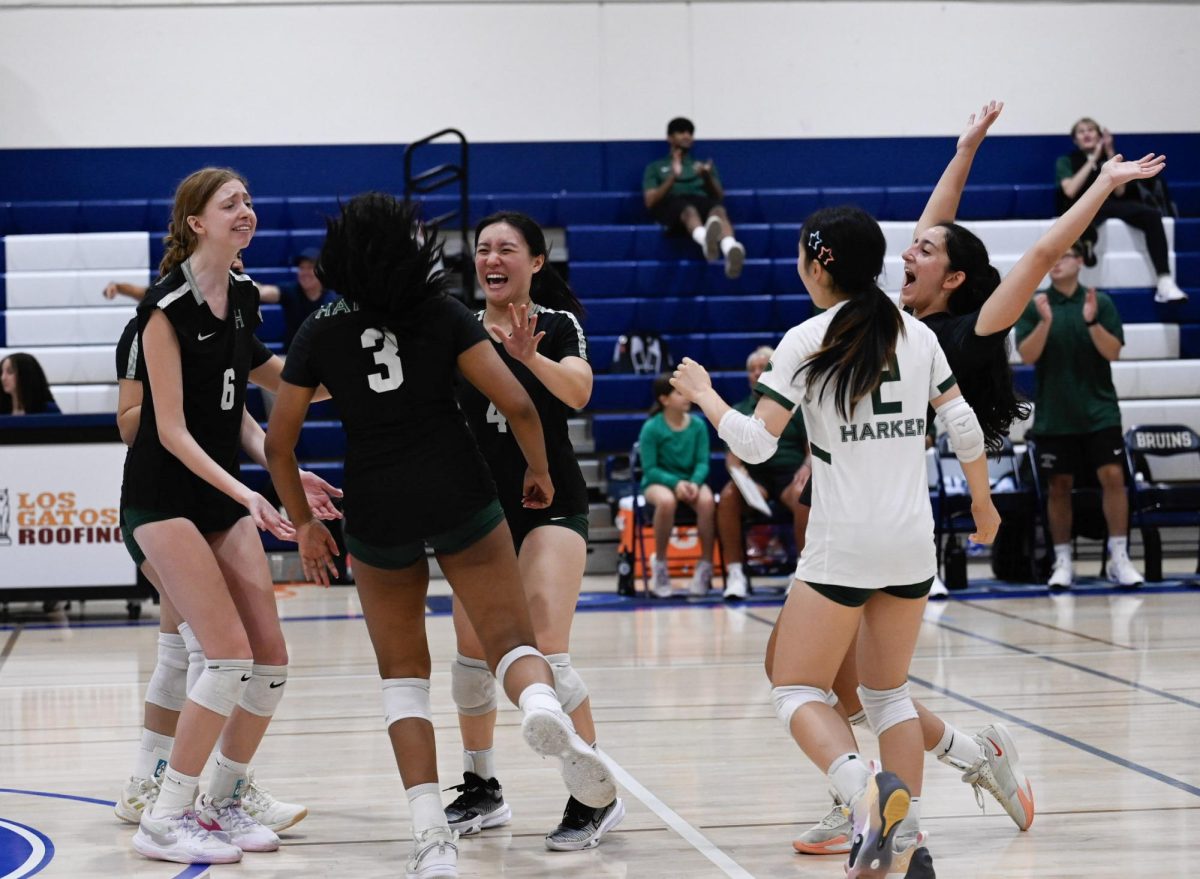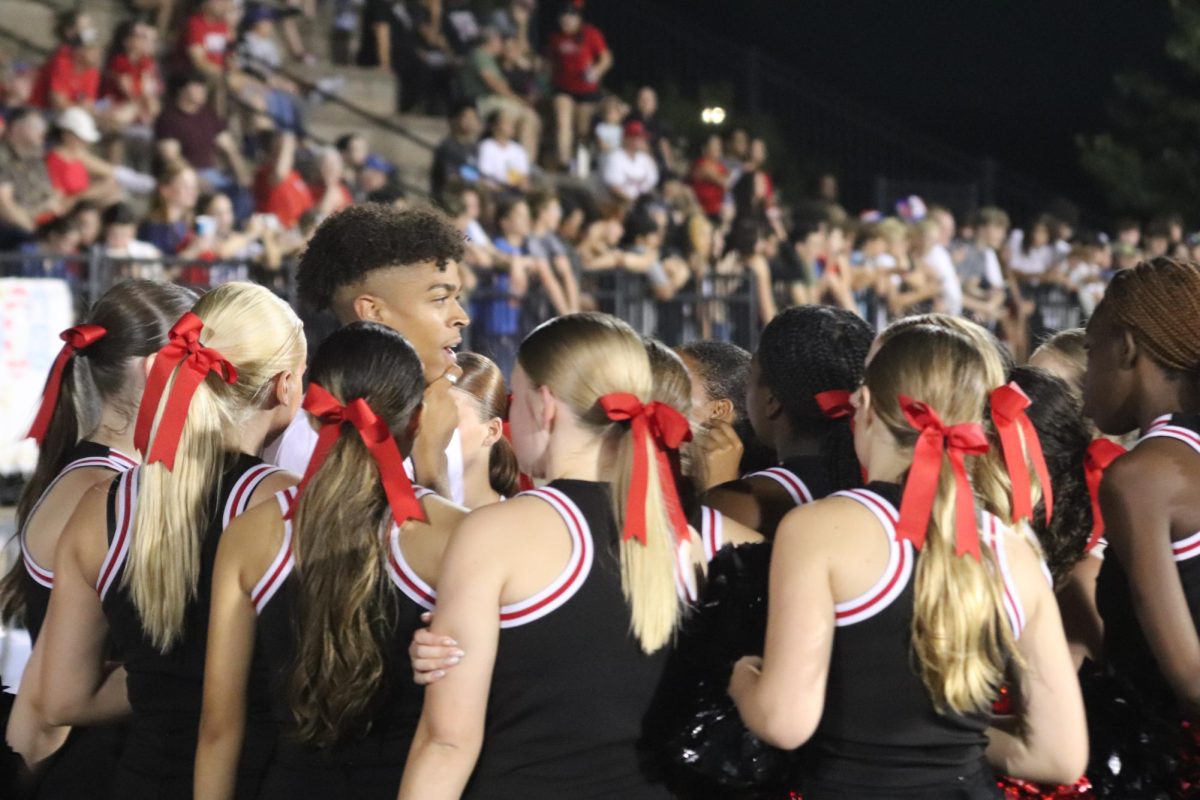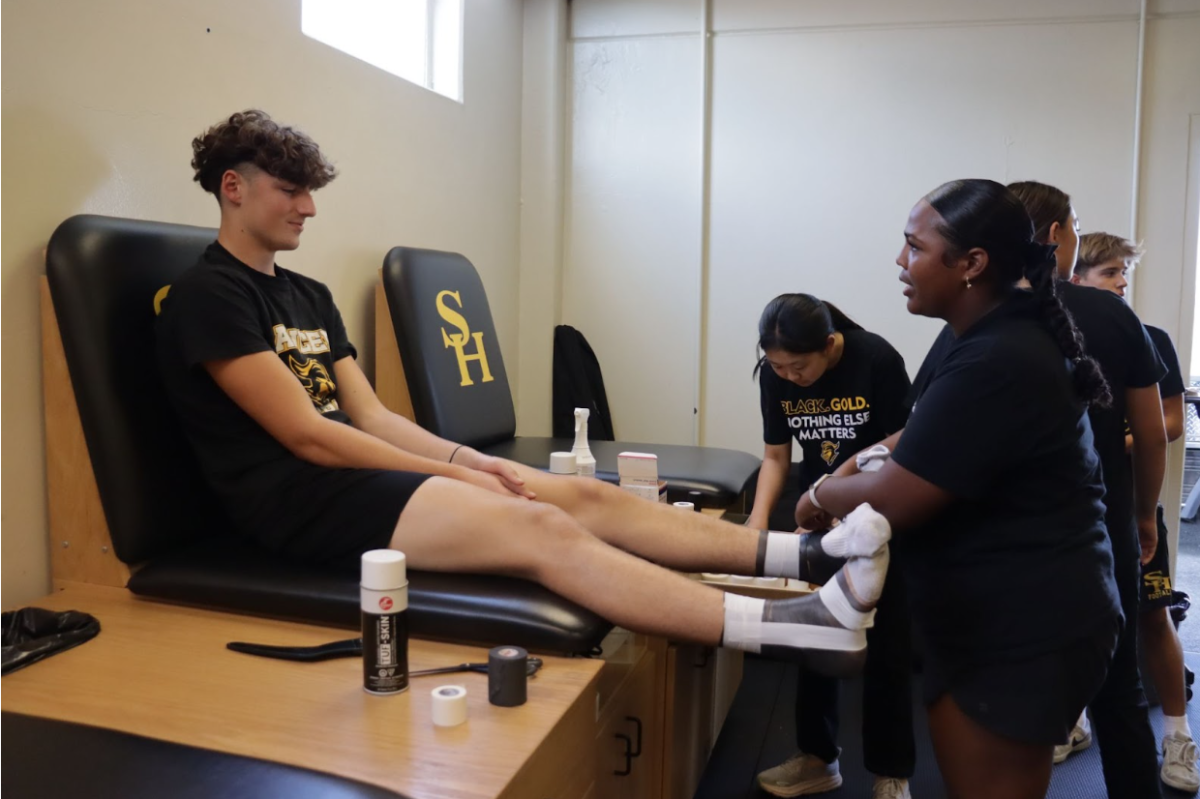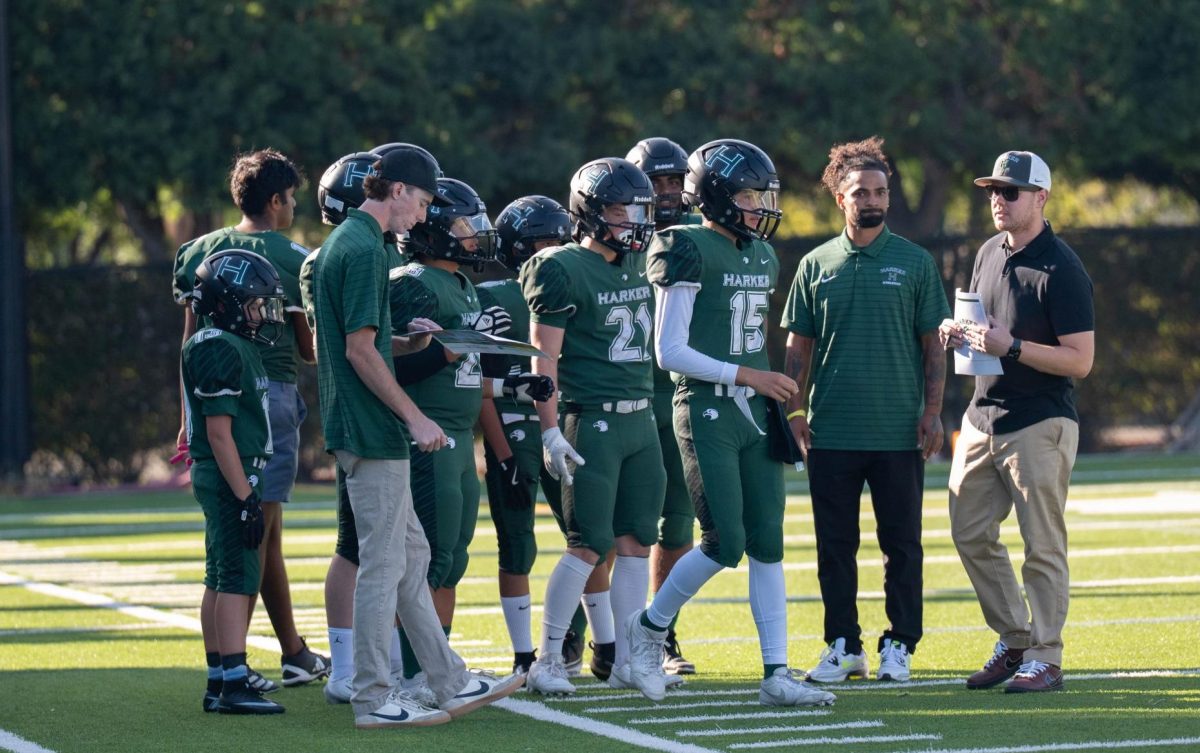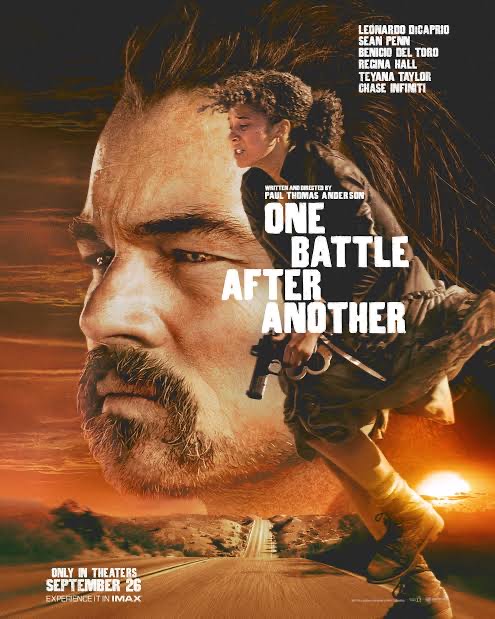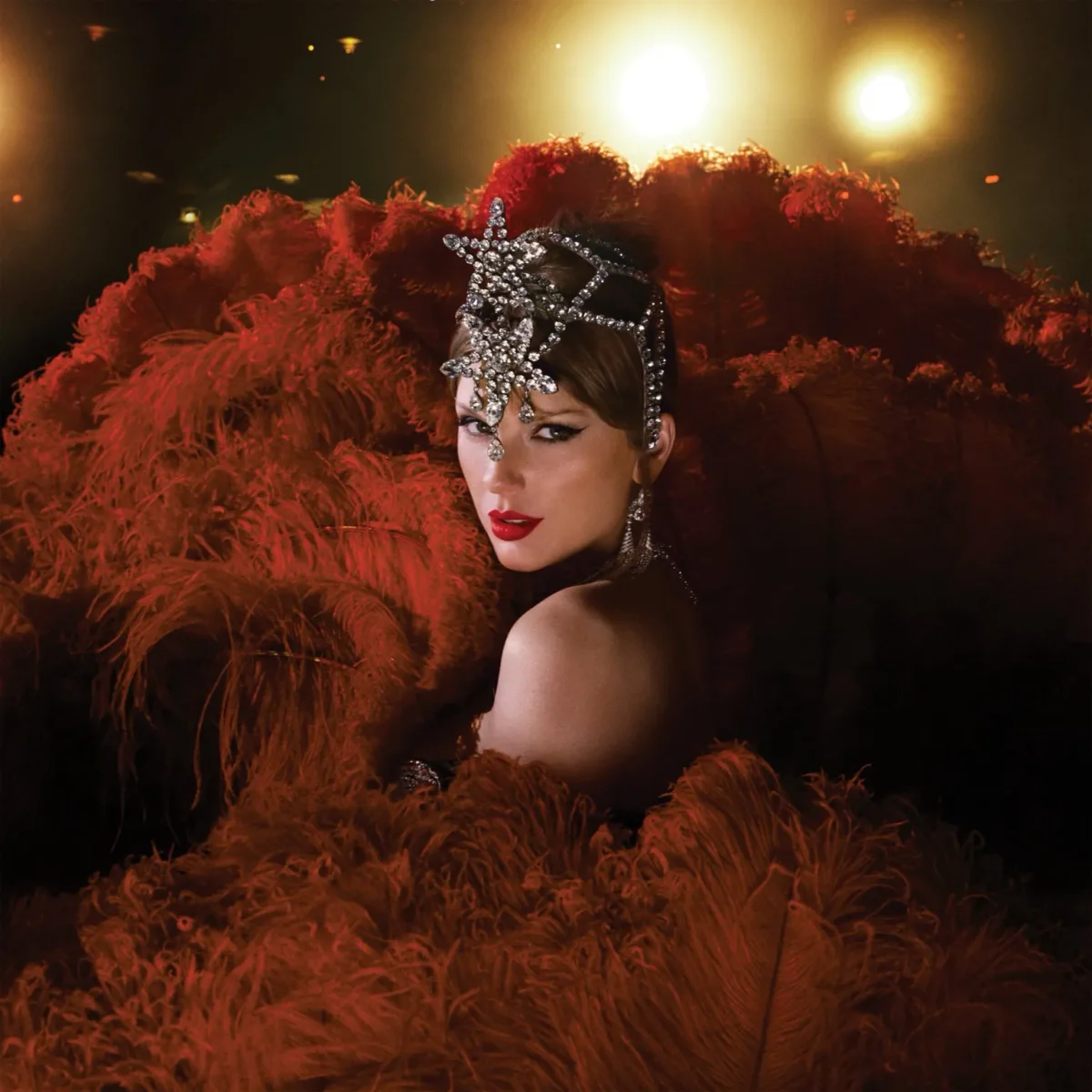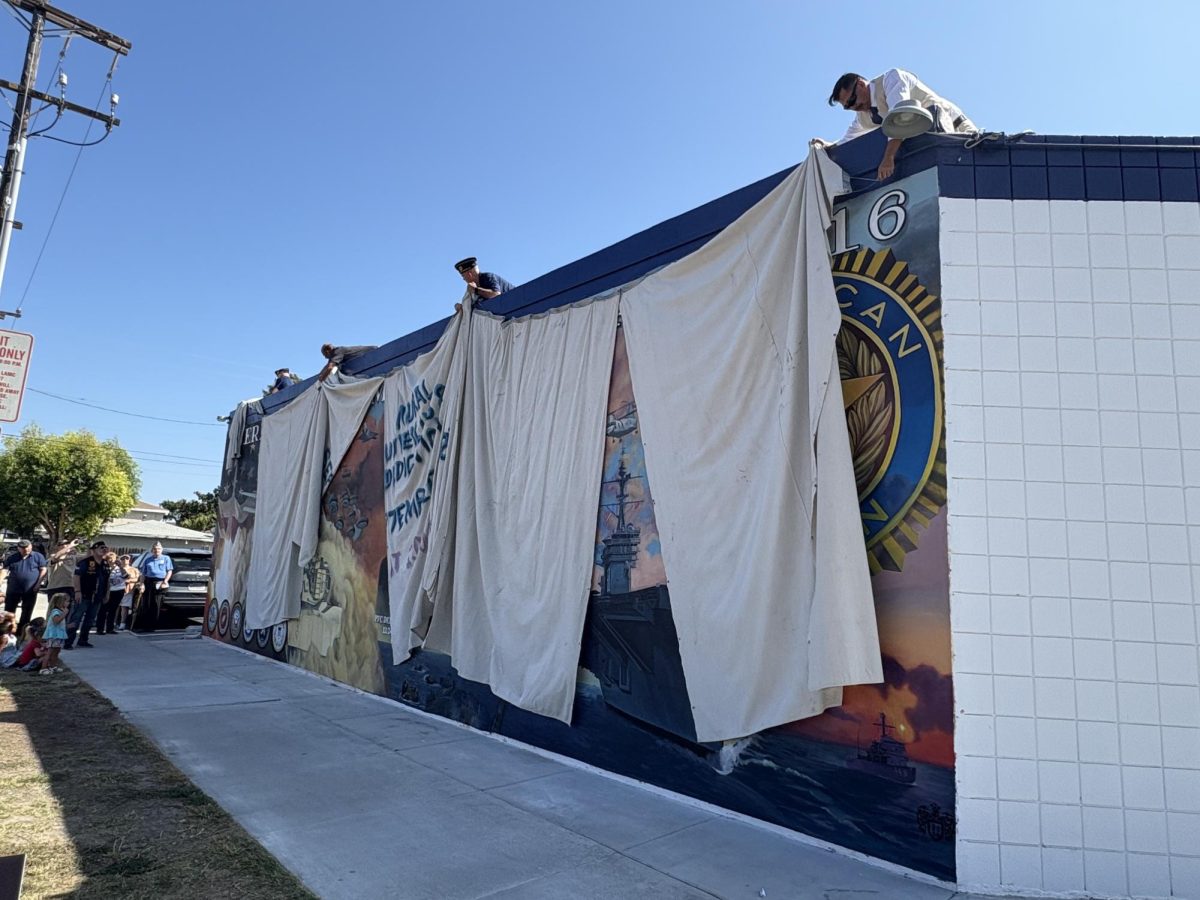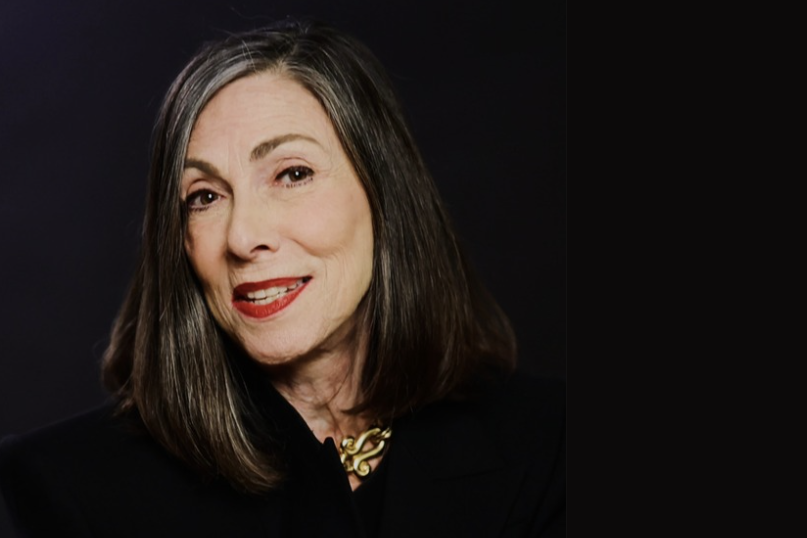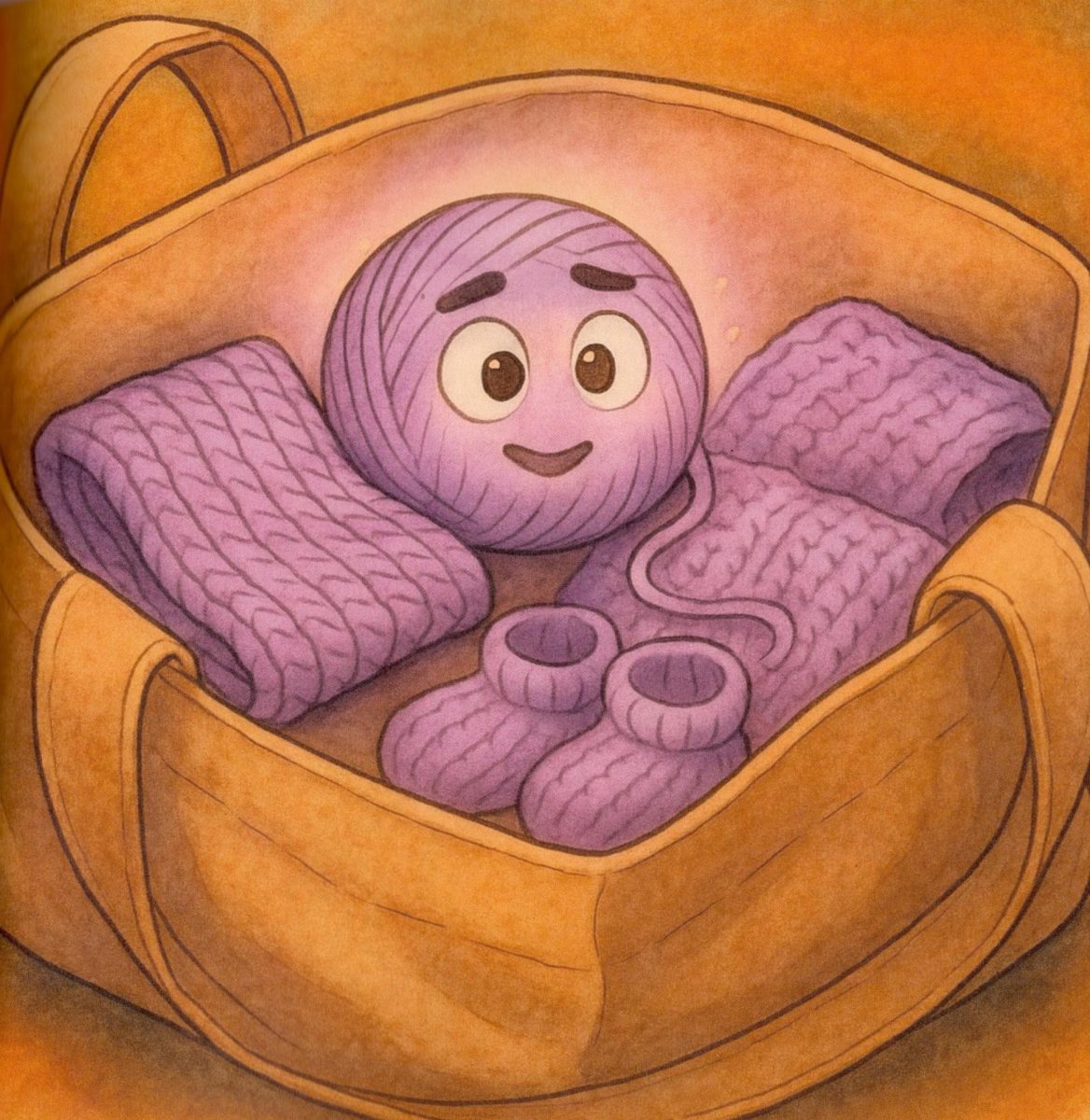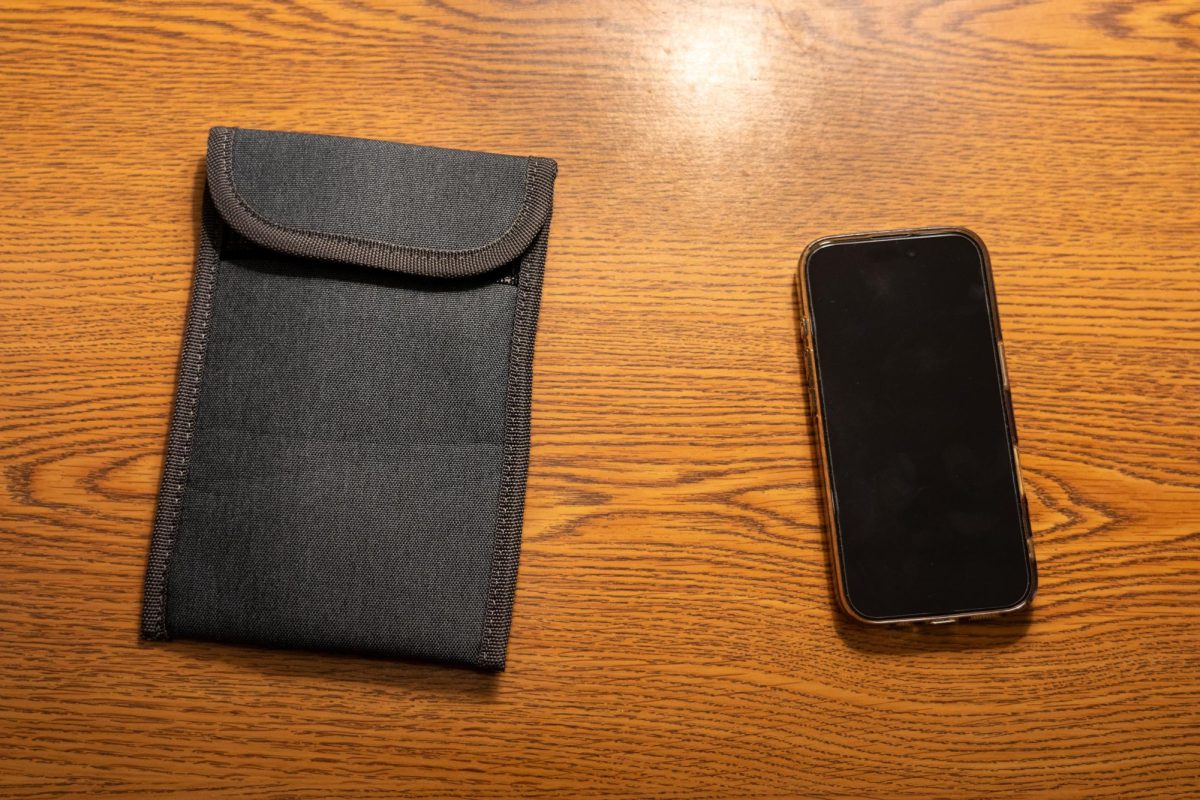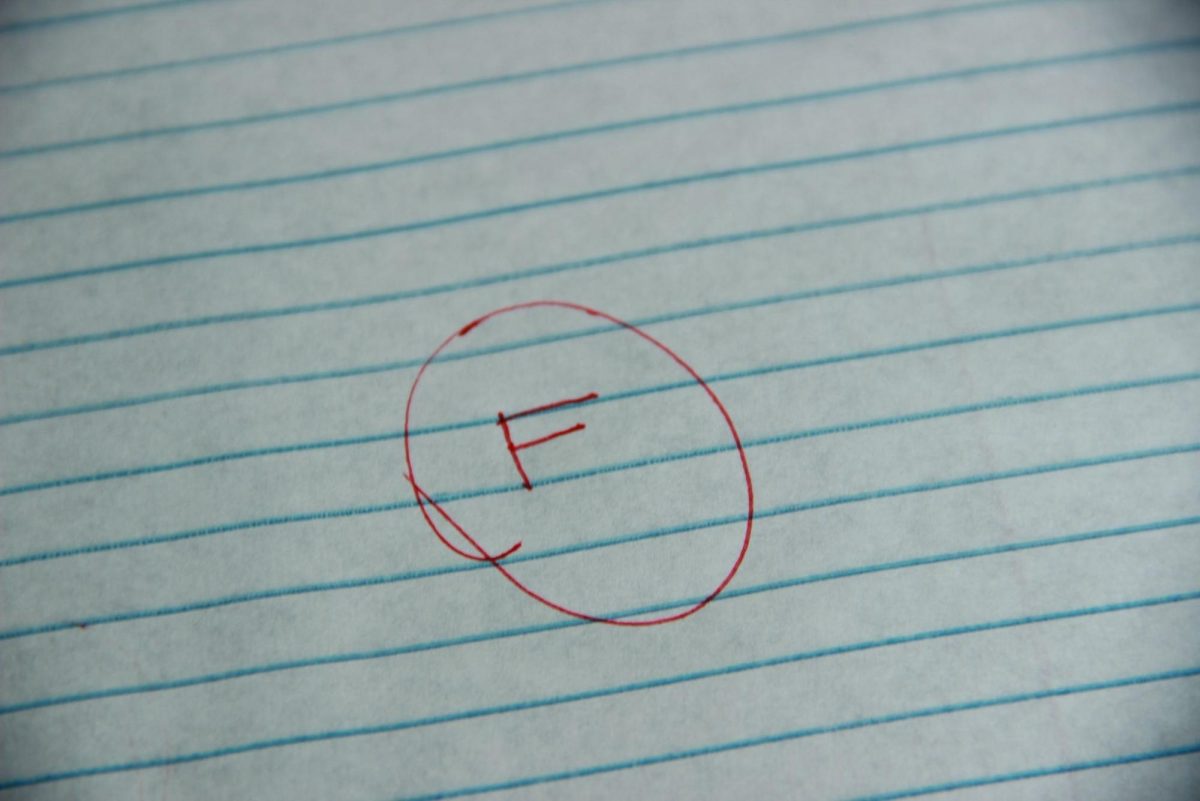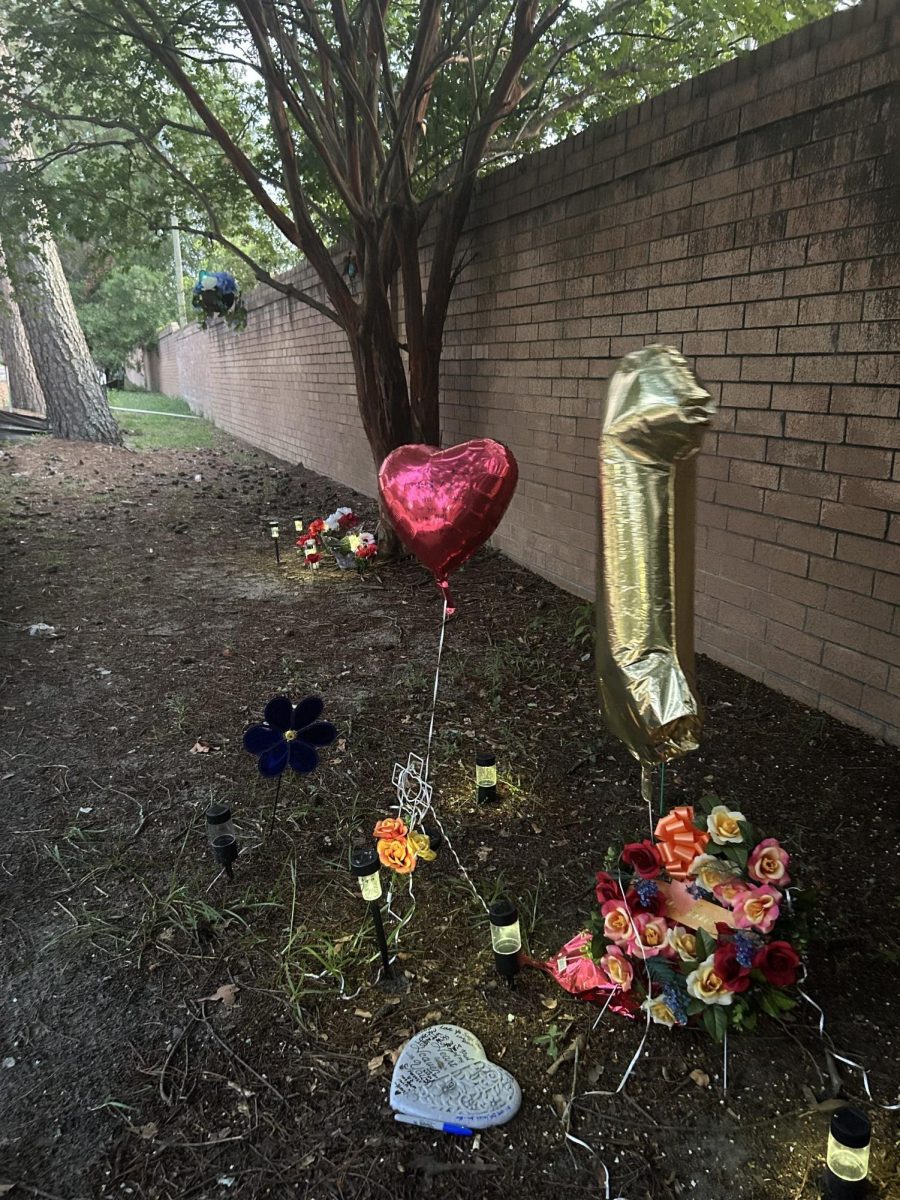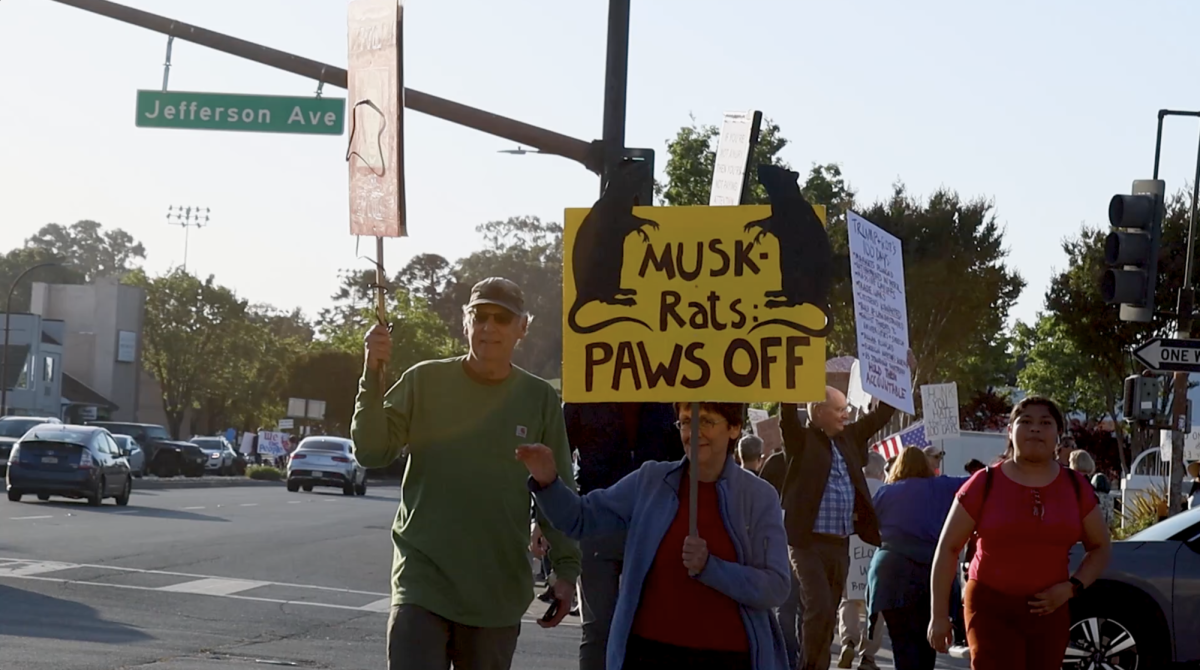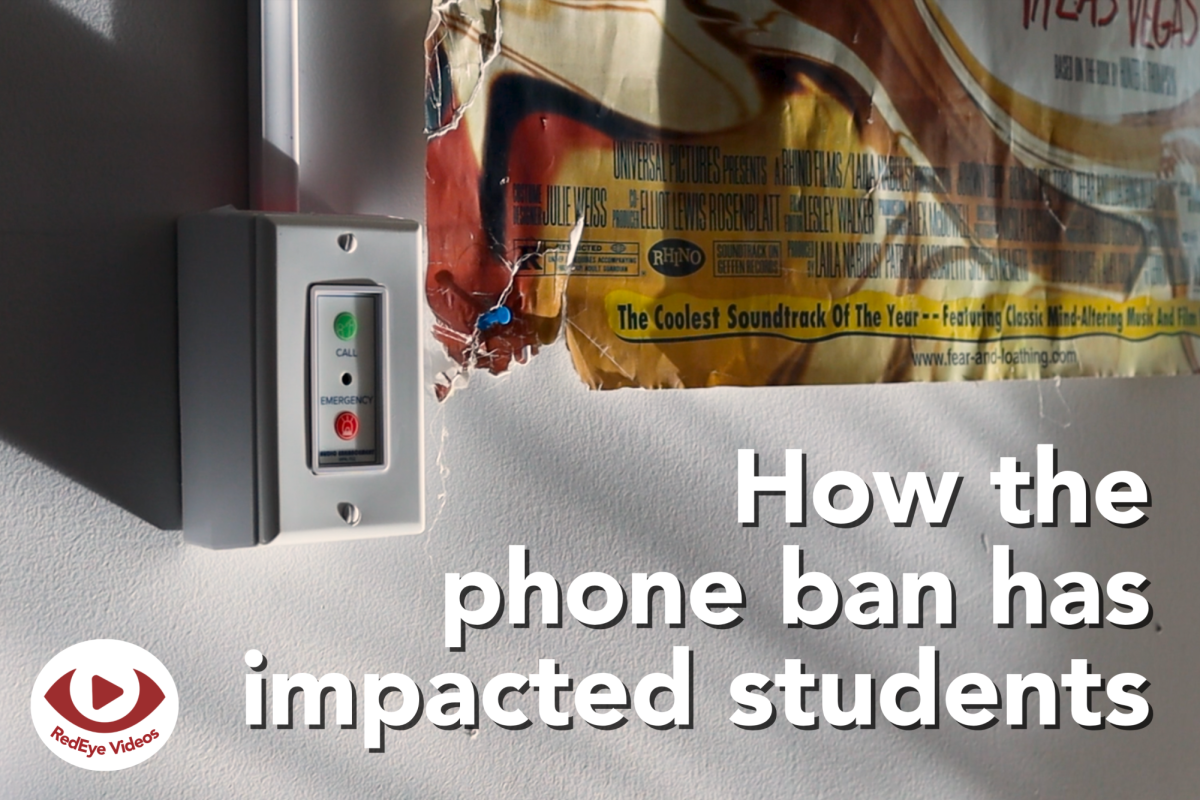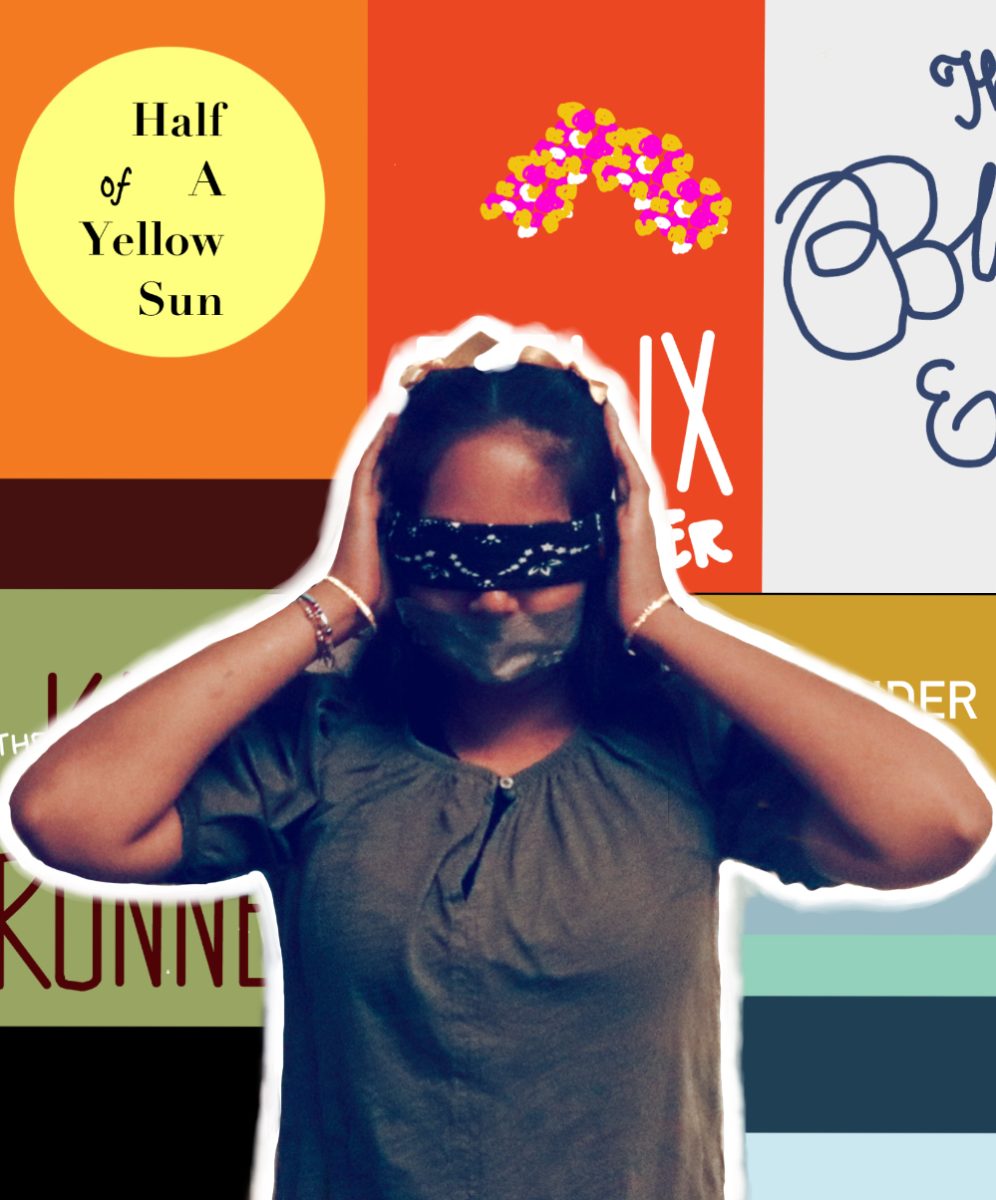Some of my fondest memories come from libraries.
I would excitedly roam the aisles, browsing through shelves and leafing through pages, carefully selecting books with colorful covers. I was intrigued by characters who had experiences vastly different from mine.
For me, reading has always been a way to feel like I belong. Reading about fictional characters who are, at their core awkward, unsure teens with problems similar to mine makes me think I’m not alone.
Books expanded my world.
When I could not go to a public library, I would visit the school library. It is reassuring to have easy access to books.
According to Pen America, as of 2024, Texas has had 501-600 books banned in schools.
Many of these books deal with themes of race and sexuality. Restricting them is dangerous.
How are kids able to learn about people different from them if they cannot even read about them?
The Texas Legislature passed Senate Bill 13, which went into effect Sept. 1. This requires parents to have complete access to a school’s library materials. Parents will be notified of what books their child checks out. This bill also gives schools the option to establish a school library advisory council, with the majority of members being parents of children in the district. The council’s opinion has final say on the addition or removal of library materials in schools. This could increase the number of books not allowed in school libraries.
Coppell High School English teachers covered some of their bookshelves to be on the side of caution at the beginning of the school year.
“We were given a website connected to Cozby Library and Community Commons in Coppell where we would enter all the books in our classroom library and wait to have them approved,” English teacher Matthew Bowden said. “Until that process is done, we’ve been encouraged to cover our books so kids don’t take a random book off our shelves and it ends up being offensive to someone.”
Books and stories in general are a product of real life. Even fantasy novels are in some way a depiction of the world around us.
These characters and their identities, although fictional, are characters we as students can relate to. They carry a piece of the author within them.
By burying these characters, we are silencing the voices of authors who are in some way telling their stories. We are keeping students from learning about people and worlds they are not accustomed to. We are blocking representation.
Banning books buries truth.
Teachers, such as Bowden, have expressed concerns regarding restricting books when it pertains to education.
“It’s a dangerous precedent to say that English teachers can’t have books out and have to cover books, which is a symbol, almost like it’s a foundational thing to education,” Bowden said. “And to say it’s because we don’t know what books might be in your classroom that might offend a certain kid or parent, there are people out there that are going to find offense in anything.”
Restricting what students can read will only turn them towards other outlets of discovery. As a teenager, something I am not allowed to do only becomes more desirable.
I understand not wanting young children to be exposed to sexually explicit content, and I do agree that not all content is suitable for a school environment. However, parents should have honest conversations with their children about these topics. Merely shielding children from “offensive” or uncomfortable topics will only have adverse effects.
I am looking at the parents of CHS students when I say this: please make a thoughtful decision on why a book may not be suitable for the library. Is it just because it goes against your beliefs? Is it truly offensive?
The stories I find most special are the ones I see myself in. Everyone deserves the same privilege.
This story was originally published on Coppell Student Media on September 11, 2025.







